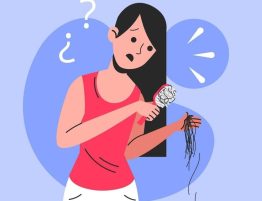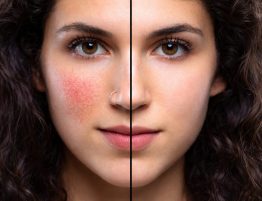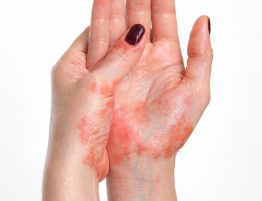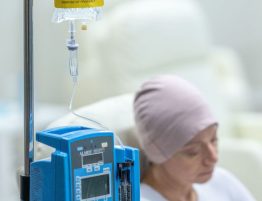
Bipolar Disorder, formerly called manic depression, is a mental health condition that causes extreme mood swings that include emotional highs (mania or hypomania) and lows (depression). A person with bipolar disorder may experience periods of an extremely elevated or irritable mood (called manic episodes) as well as episodes of depression. Both the manic and depressive periods can be brief, from just a few hours to a few days. Or the cycles can be much longer, lasting up to several weeks or even months
Types of Bipolar Disorder
There are three main types of bipolar disorder: bipolar I, bipolar II, and cyclothymia.
Bipolar I disorder
Bipolar I disorder involves periods of severe mood episodes from mania to depression.
Bipolar II disorder
Bipolar II disorder is a milder form of mood elevation, involving milder episodes of hypomania that alternate with periods of severe depression.
Cyclothymia
Cyclothymia is a milder form of bipolar disorder characterized by several episodes of hypomania and less severe episodes of depression that alternate for at least two years. The severity of this illness may change over time.
Other types
These include, for example, bipolar and related disorders induced by certain drugs or alcohol or due to a medical condition, such as Cushing’s disease, multiple sclerosis or stroke.
Treatments of Bipolar Disorder
Treatment for Bipolar Disorder involves a combination of psychotherapy and medication.
Medication
A number of medications are used to treat bipolar disorder. The doses of medications are depend on particular symptoms.
- Mood stabilizers – are prescribed to treat manic or hypomanic episodes.
- Antidepressants – are prescribed to treat depressive episodes.
- Antipsychotics – are sometimes prescribed to treat mood episode symptoms in addition to other medications.
Psychotherapy, or “talk” therapy, is an important part of treatment for bipolar disorder. During therapy, you can discuss feelings, thoughts, and behaviors that cause you problems.
The types of psychotherapy used to treat bipolar disorder include:
- Behavioral therapy. This focuses on behaviors that decrease stress.
- Cognitive therapy. This type of approach involves learning to identify and modify the patterns of thinking that accompany mood shifts.
- Interpersonal therapy. This involves relationships and aims to reduce strains that the illness may place upon them.
- Social rhythm therapy. This helps you develop and maintain a normal sleep schedule and more predictable daily routines.
Cost
Cost will vary depending on the severity of the disorder. Inpatient treatment typically costs anywhere from $500-$3000, depending on the patient’s plan. Outpatient treatment is often significantly more affordable.
We at Almurshidi Medical Agency help you to find best Bipolar Disorder treatments.
For any queries contact us at
Email:almurshidi.medical@gmail.com
Line/Instagram: AlmurshidiMed
Whatsapp: +66 822 004 040








